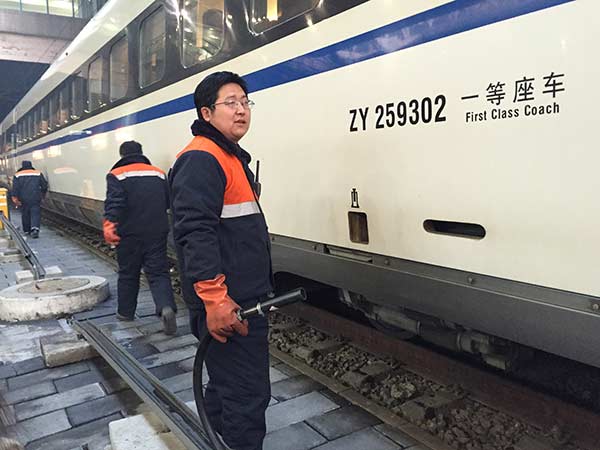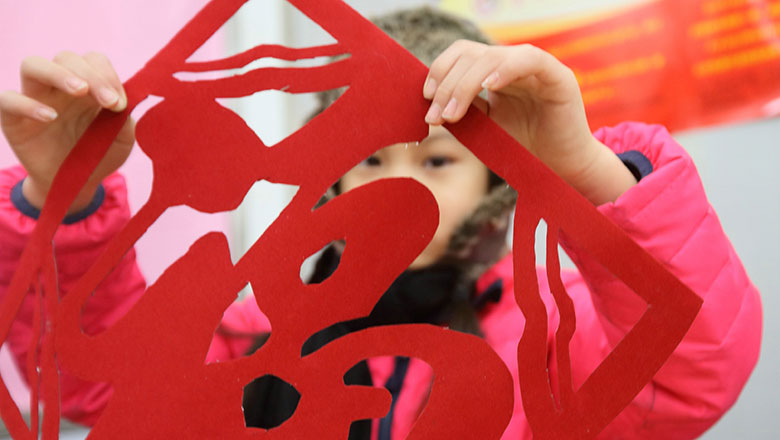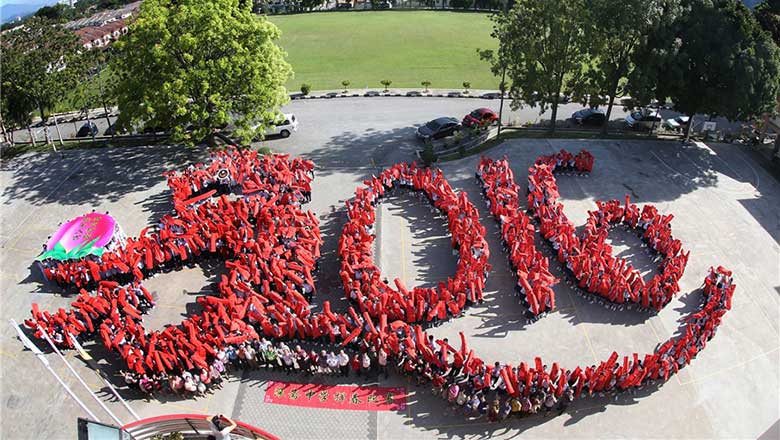Filling 7,000 water tanks a day is vital job for rail team
Updated: 2016-02-03 16:22
By Liu Wei(chinadaily.com.cn)
|
||||||||
 |
|
Li Jian holds a hose to fill up the water tank on Feb 2 at Beijing West Railway Station. [Photo by Liu Wei/chinadaily.com.cn] |
Li Jian is one of many ordinary railway workers who can supply the answer to the question "Where does the water on the train come from?", if you ever asked.
All passenger trains starting or ending their journeys at Beijing West Railway Station need constant supplies of water and the task falls to the railway staff that spends more than 12 hours a day walking between parked trains.
Maintaining supplies is no easy job.
Li Jian said he has to rise at 5 am to be on time for a 12-hour day shift which is followed by a night shift the next day.
"I can walk more than 20 kilometers back and forth every day just to fill up water for carriages," said Li.
Workers use hoses to fill tanks in carriages and pull them off when tanks are full before trains depart.
Usually it takes about 20 minutes for a three-man team to fill a 16-carriage train.
"If we don't hurry up, some passengers may not have any water during the trip. Delay is the most concern for us, that means the limited time for us to supply water can be a problem," Li said.
According to Jiang Zhaozhong, chief of the water supply department at the station, two shifts rotate between 7:30 am and 19:00 pm and 18:30 pm to 8:00 am.
"We are supplying water to 7,000 carriages per day with the efforts of our crew of 70 people," said Jiang.
Each carriage has a capacity of one ton of water, which means workers put 7,000 tons of water into trains daily, the equivalent of 4.7 standard swimming pools.
Water supplied is the only source when passengers are on the train, using it for drinking, washing and using the toilet.
"We have to be very careful when we walk in the path between two rails. Sometimes when you're filling one train up, another arrives behind your back. You must not be too close to it," said Li.
Workers say a passing train creates a powerful draft which can knock people over though it does not appear to be moving fast at all. The wind becomes an invisible enemy in winter when temperatures plunge below freezing point.
"Several hours working outside is no joke," said Li. "It's freezing cold and my hands have scars due to cold all the time".
When workers pull the hose off the tanks there's usually some water left in the pipe which falls onto their shoes and trousers and can turn to ice and freeze their clothes very quickly.
It won't get any easier in summer either. Temperatures can reach 60 degrees Celsius when the heat the train emits is added to the summer sun, and then workers clothes get drenched with sweat.
Spring Festival is the busiest period as 71 trains are temporarily added to accommodate the huge number of passengers heading home.
Thirty million trips are estimated to be made during the Spring Festival period from Jan 24 to March 3, totaling 40 days, according to Ye Kuankuan, chief of the passenger train control center in Beijing.
"We don't have holidays during Spring Festival. We are too busy helping families prepare for this festive day. I fill up the trains with water to make passengers comfortable. They have water on the train. That means a lot to me," Li said.
- Australian police suspect overseas hackers behind threats to schools
- EU reform proposals show 'real progress': British PM
- Mainland Chile confirms first 3 cases of Zika virus
- Lanterns decorate temple to celebrate Chinese New Year in Kuala Lumpur
- Tusk to publish proposal for UK-EU settlement
- Cuba's Castro pays historic visit to France

 China's 'Moon Walker' sends back stunning HD photos
China's 'Moon Walker' sends back stunning HD photos
 Starbucks, office rents and CEOs form alternative outlook on China
Starbucks, office rents and CEOs form alternative outlook on China
 China's most beautiful wetlands
China's most beautiful wetlands
 Premier Li takes Spring Festival greetings, and gifts, to old folk
Premier Li takes Spring Festival greetings, and gifts, to old folk
 International friendship blossoms in peony painting
International friendship blossoms in peony painting
 Culture Insider: Little New Year
Culture Insider: Little New Year
 Global celebrations mark Chinese New Year
Global celebrations mark Chinese New Year
 Motorcycles ride home for Spring Festival reunion
Motorcycles ride home for Spring Festival reunion
Most Viewed
Editor's Picks

|

|

|

|

|

|
Today's Top News
National Art Museum showing 400 puppets in new exhibition
Finest Chinese porcelains expected to fetch over $28 million
Monkey portraits by Chinese ink painting masters
Beijing's movie fans in for new experience
Obama to deliver final State of the Union speech
Shooting rampage at US social services agency leaves 14 dead
Chinese bargain hunters are changing the retail game
Chinese president arrives in Turkey for G20 summit
US Weekly

|

|








